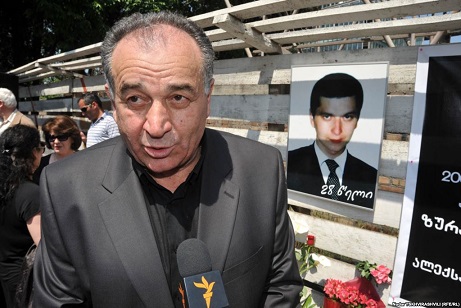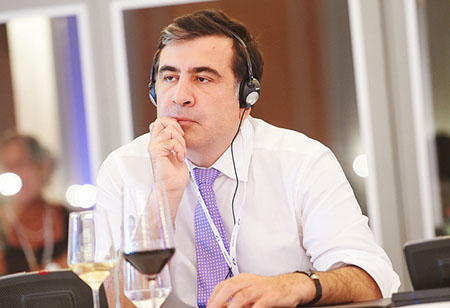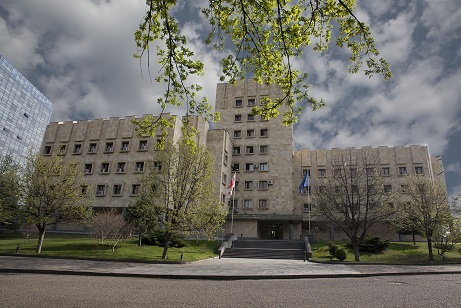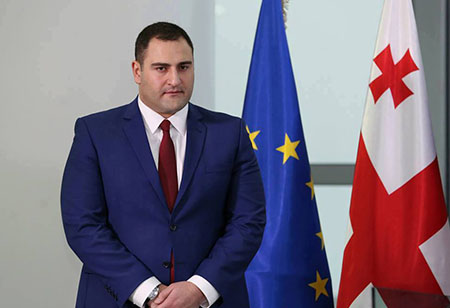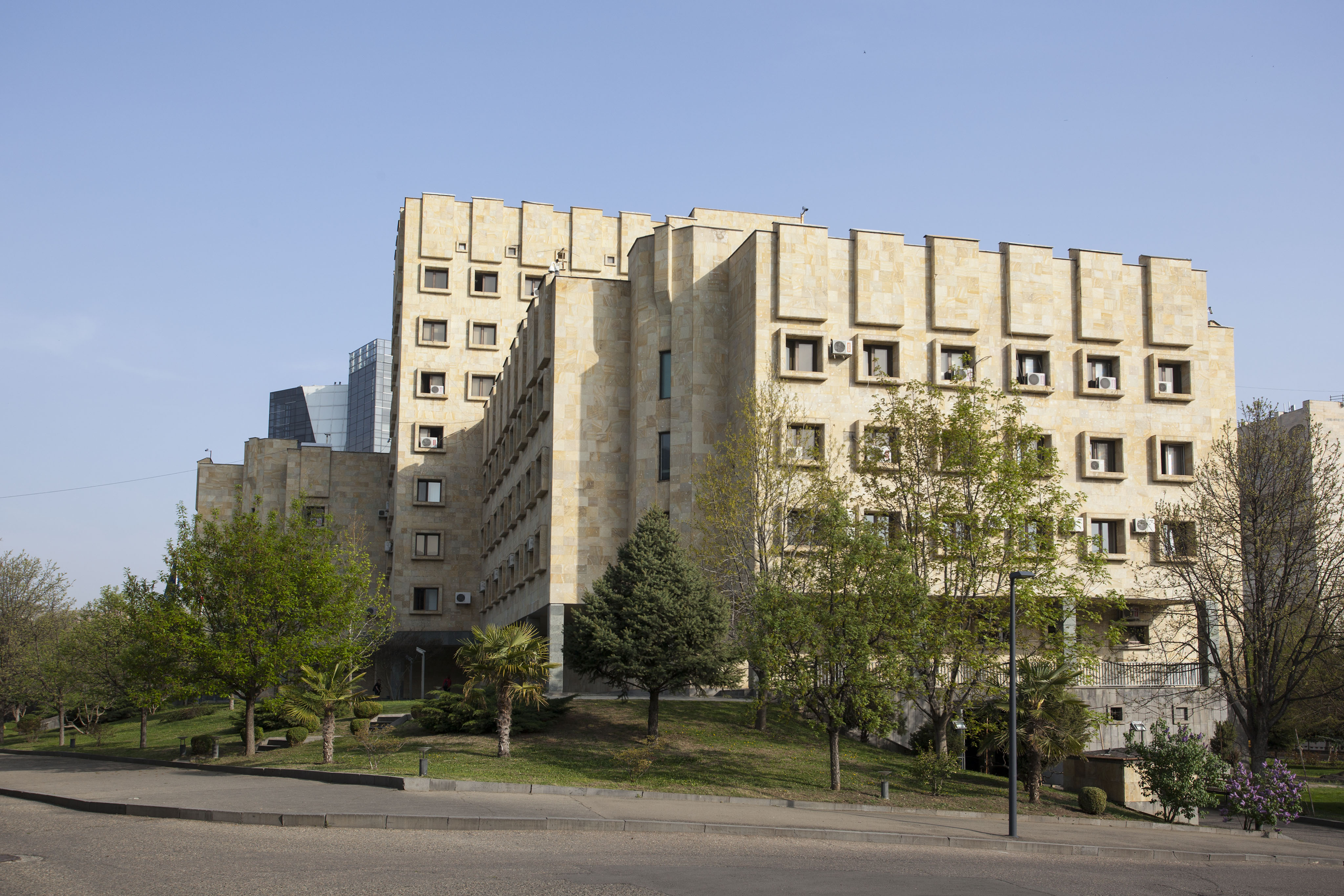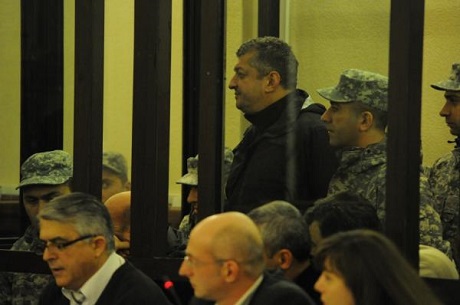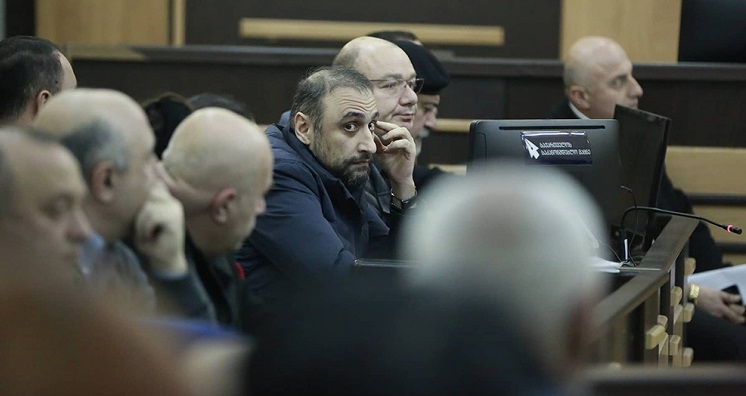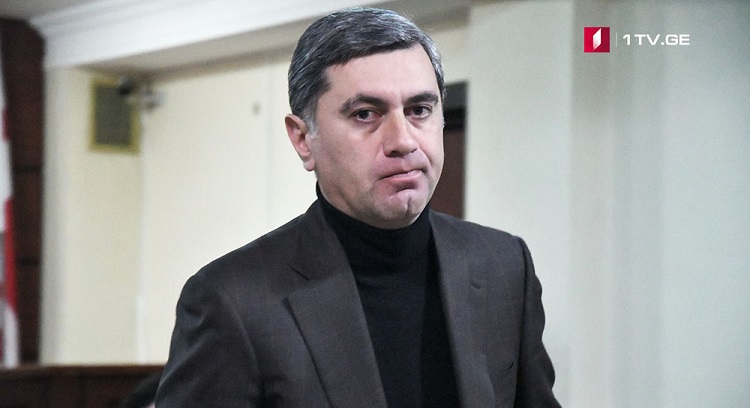4 ex-officials under investigation in high profile murder case
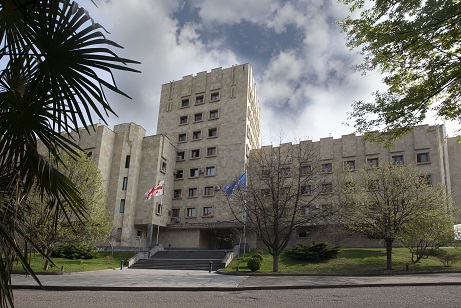
Four former Ministry of Internal Affairs officials are being investigated by Georgian authorities.
Georgia’s Chief Prosecutor’s Office launched an investigation against four ex-Interior Ministry officials who allegedly exceeded official powers and exerted undue pressure on a person who was forced to commit premeditated murder.
In a written statement released yesterday, the Office said it had received a letter from the Public Defender's Office and from the content of the letter, the Office had launched an investigation into a criminal case on the count of preparation of premeditated murder under aggravating circumstances and exceeding official powers.
The Office alleged in July 2008, then Interior Ministry officials Irakli Pirtskhalava, Kakha Legashvili, Giorgi Khizanishvili and Giorgi Chanturia exceeded their official powers when they detained a Georgian man, only named as L. Sh. The men then applied unlawful psychological pressure and transferred drugs in exchange for freedom, and persuaded their victim to commit premeditated murder of Ia Metreveli - the mother of Buta Robakidze, a young man who was shot and killed by a patrol police officer in November 2004.
Along with the cases involving the death of Sandro Girgvliani and Zurab Vazagashvili, Robakidze’s murder was one of the most discussed and controversial cases during ex-president Mikheil Saakashvili’s term.
- Robakidze died on November 23, 2004, during a police operation. At the time it was said he and his armed friends resisted police and the police were forced to open fire on the young men however as the case was investigated, suspicions arose that the police had lied about what happened and that Robakidze was, in fact, deliberately killed.
- On the night of November 23, 2004, police stopped a vehicle with Robakidze and four others inside. Robakidze was shot and later died, while the other four survived but were charged with illegal possession of a weapon and ammunition. The young men claimed the weapon had been placed in their car by police after they discovered Robakidze had died.
- Although the policeman who shot Robakidze was convicted, Robakidze’s family has actively campaigned since the young man's death to ensure everyone involved in falsifying the crime scene should be severely punished. The family alleged the crime scene was fabricated by bringing in Kalashnikov assault rifles in an attempt to portray the victim as being armed criminals.
Meanwhile Georgia’s Public Defender Ucha Nanuashvili held a briefing regarding this issue yesterday.
Nanuashvili said he had been personally contacted by convict L. Sh. with a letter that explained the crime. The letter stated that in July 2008, L. Sh was detained by two then officials - who were workers of Criminal Police Department of the Ministry of Internal Affairs of Georgia - Khizanishvili and Chanturia, and then later taken to Pirtskhalava and Legashvili in the Criminal Police Department.
L. Sh. told the Public Defender that Pirtskhalava had blackmailed him and said if he did not comply with Pirtskhalava's demands, Pirtskhalava would institute proceedings against him on charges of drug crimes. In exchange for his freedom, L. Sh was blackmailed into killing Robakidze’s mother.
Also, L. Sh was required to find a person who would give a witness statement claiming Zurab Vazagashvili committed the murder.
"In case of cooperation Irakli Pirtskhalava promised L. Sh. that he/she would have been released and impunity regarding drug-related crimes. L. Sh. states that he had no choice and he/she agreed to the offer,” Nanuashvili said.
According to the task, L. Sh. should have committed a murder in a shop following a mugging script, then he would have been captured but he would have no problems and difficulties in prison, including drugs.
"As L. Sh. states following the conversation, he had been going around the Saburtalo district of Tbilisi for three days as though gathering information on Zura Vazagashvili,” the Public Defender said.
"Afterwards for a certain period he went to one of the neighboring countries. Before the start of the war in 2008 he came back to Tbilisi and contacted Giorgi Khizanishvili who told him that there was no time for discussions about such issues and L. Sh would have to wait some time and then they would continue the work.”
Nanuashvili said L. Sh. left Georgia for some period of time and when he returned, he was detained and sentenced to 10 years of imprisonment for drug-related crimes.
"As L. Sh. explained, he refrained from distributing the above-mentioned facts because of the previous regime and now he/she demands a response and is expressing his/her readiness to give statements to both the Prosecutor’s Office and to court authorities,” the Public Defender said.
He addressed the Chief Prosecutor with a proposal to immediately start and conduct an investigation into this case, and also to take every necessary measure to ensure the safety of L. Sh while the investigation was taking place.
 Tweet
Tweet  Share
Share

